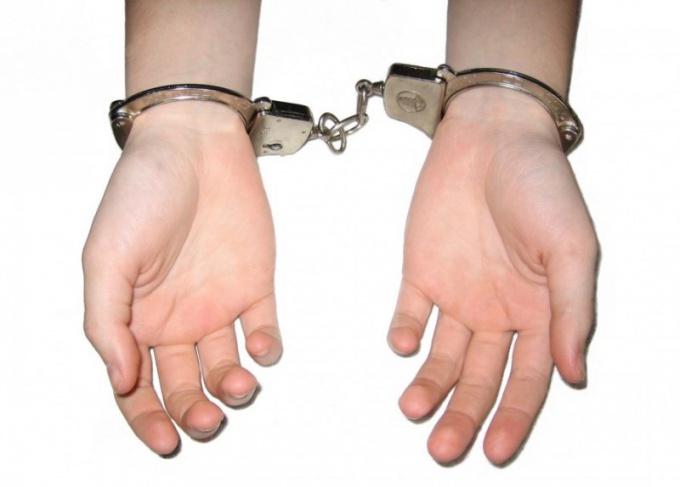Tip 1: Who can not become guardians
Tip 1: Who can not become guardians
Trustees will not be able to become certain categoriespersons with a criminal record, certain diseases or not meeting the requirements. Specific groups of such citizens are indicated in the family legislation of the Russian Federation.

Russian legislation makesapplicants for the role of guardians are quite high demands, since the priority task is the observance of the interests of children. That is why the Family Code of the Russian Federation identifies several groups of individuals who under no circumstances will be able to receive a positive decision of the guardianship authorities. The most common category of persons under restriction are those who have or have been convicted, and have been prosecuted for crimes committed against fundamental rights, individual freedoms, sexual inviolability and a number of other objects of criminal and legal protection. In addition, the existence of a criminal record for any serious or particularly serious crime automatically excludes a citizen from the applicants for guardianship.
Non-compliance with the requirements for parents and guardians
Another common category of people whoit is forbidden to appoint guardians, are citizens who do not meet the requirements for parents. So, previously deprived of the parental rights of a person restricted in parental rights, citizens will not even be evaluated by the guardianship authorities for compliance with the requirements for registration of guardianship. In addition, for the first time applicants for guardianship are required to undergo special training, a program for which is developed at the level of each region of the Russian Federation. The absence of a document on the completion of such training also excludes the possibility of appointing a person as a guardian. The indicated requirement does not apply to close relatives of children, as well as those applicants who are already guardians.Presence of certain diseases or other limitations
The presence of a serious disease also does not allowinterested person to register custody of the child. Without exception, candidates who suffer from alcoholism or drug addiction are rejected. A list of other diseases that may pose a threat to the child has been approved by the Government of the Russian Federation. If such a disease exists, the applicant for guardianship will be denied registration. In addition, a new restriction has recently been introduced, according to which citizens who are of same-sex marriage (under the law of the state in which these marriages are allowed) or who live in a same-sex union without marriage registration can not become guardians.Tip 2: Who is the plaintiff?
The media often meetnews, which states that a certain citizen or company acted as a plaintiff in any legal process. What does this legal term mean?








